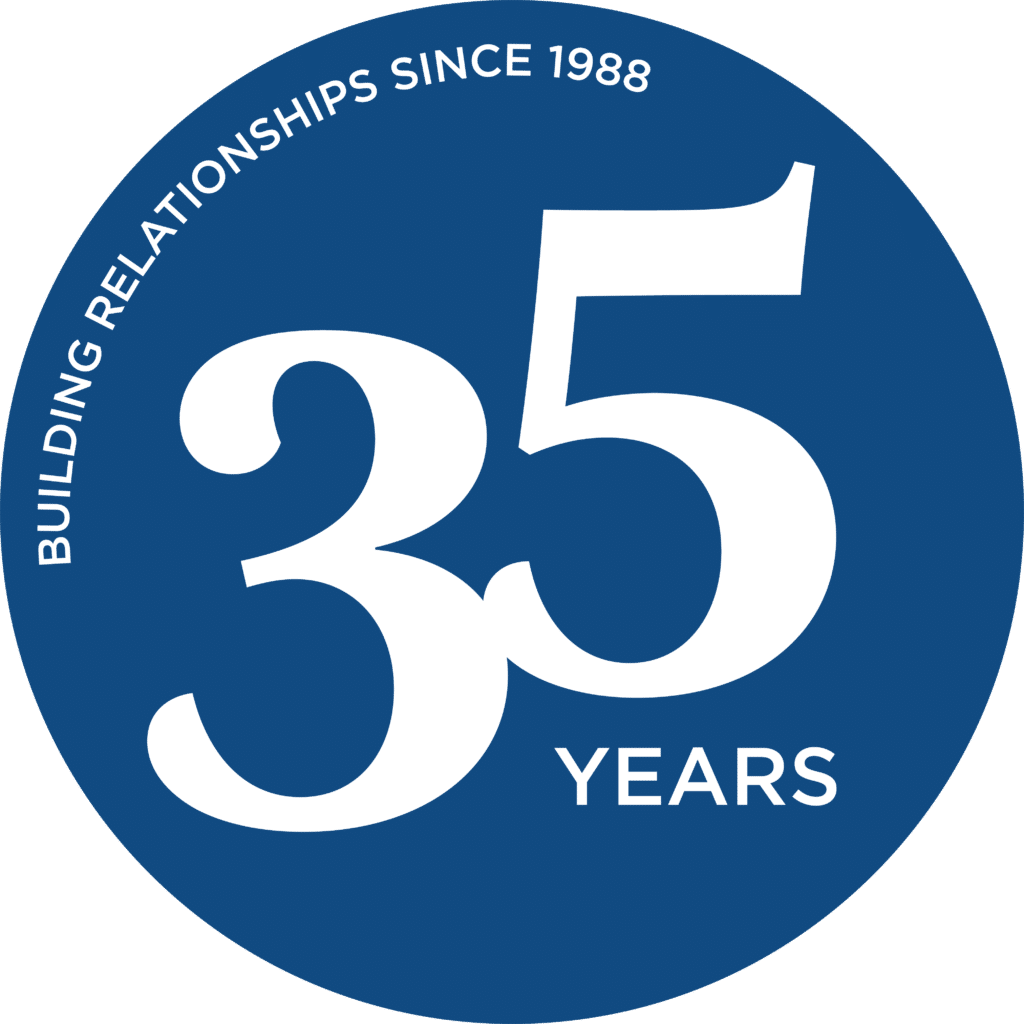
People hate the idea of networking because they fear it will make them appear pushy, disingenuous, or worse yet desperate. Tactless and inappropriate attempts to ask people whom we hardly know for a job, a business lead, or an unrealistic favor will have exactly that effect. But networking, when practiced effectively, is a critical skill that adds value and reward in both the professional and social aspects of our lives. It’s not just an essential business skill, but an equally essential life skill.
NETWORKING REALITY
Networking is simply the act of proactively building and sustaining mutually beneficial relationships. Fundamentally it’s about connecting with people who are willing and receptive to being helpful, while at the same time extending yourself as a ready potential resource to them. From a business perspective, it can include introducing business contacts to each other, sharing market intelligence, and acting as a creative “connector” of people and ideas. For job seekers, it represents the single most effective and efficient way to navigate the job market. While the spirit of networking must be “win-win” (where both parties see a benefit), in actuality, the benefits are not always equal nor are they immediately apparent. You may offer assistance to people who are unable to help you, and other times people will help you even if you can’t return the favor. Sometimes the results come much later, but it always seems to even out in the long run.
DON’T UNDERESTIMATE THE STRENGTH OF WEAK TIES
Networking is often more productive through casual acquaintances (weak ties) than through close friends (strong ties) because these more distant relationships provide much more diversity of knowledge, background, and connections than those with whom you are already well associated. By definition you share a lot of commonality with friends, family, and colleagues so your networks are likely very similar. New acquaintances and casual connections, on the other hand, may be part of very different networks, and are likely to know different people and have different ideas. Your acquaintances, contacts and connections (i.e., your network) represent a source of social power. In theory, the broader and deeper your network, the more power it provides. With this in mind, invest time cultivating relationships with people who are currently on the periphery of your network rather than spending all your time with a tight inner circle.
“DIG YOUR WELL BEFORE YOU GET THIRSTY”
A few years ago, Harvey MacKay wrote a book on networking entitled Dig Your Well Before You Get Thirsty. It’s a great title that paints a powerful word picture about the need to be proactive in developing and maintaining your professional and personal networks rather than ignoring them until you are in need. Your network is a valuable resource that can be leveraged in a powerful way if you have taken the time to nurture and develop these important connections. Networking is not a scavenger hunt for contacts, its exercise in building bridges and looking for ways to maintaining meaningful mutually beneficial relationships. If you haven’t been nurturing your network, start now so it’s there when you need it.
THE BIG THREE NETWORKING MISTAKES:
- Don’t mistake the company’s network for your own. While your network may include parts of your company’s network (colleagues, clients, vendors, etc.), it needs to be bigger and broader. Recognize that some contacts are in your network by virtue of your current role and may drop out of your network or cease to be as meaningful should you lose your current position. Counter this by maintaining an active network outside your current company and industry.
- Don’t lead with self-interest. Networking based solely on self-interest does not work. Self-interested motivation is probably the chief cause for failure in networking. Other reasons for failure are: poor listening skills; overlooking the benefits of an exchange of information; considering each contact as a separate entity rather than as a possible resource to other contacts; lack of reciprocation or appreciation; and pre-judging anticipated results. Effective networking is not transactional and it is doomed to fail if you are overly focused on keeping score or are expecting to get more than you give.
- Don’t presume – or make imaginary distinctions – about people before you meet them. Don’t be overly-intimidated or overly-impressed by someone’s job title, social status, or initial impression. Likewise, don’t dismiss others as unimportant or irrelevant based on preconception or imaginary distinctions. Step outside your comfort zone – engage in conversation. Chemistry and mutual interests are far more important in building effective relationships than job title, net worth, or zip code.
THREE KEYS TO NETWORKING SUCCESS:
- Appear likeable and approachable. In social interactions, lasting first impressions are formed in the first 15 seconds of an interaction. Be cognizant of the image and impression you are transmitting and make it one that is likeable and approachable. Make eye contact, focus on remembering the other person’s name, and use it in the conversation. Nothing signifies attention and interest more than eye contact, focusing on the conversation at hand and using the person’s name during conversation. Listen to what others say and ask questions to engage them and draw them out. It’s about making a connection. It’s not about finding an opening so that you can launch into your sales pitch.
- Make yourself worth getting to know. You get value by giving value. Think of yourself as a knowledge resource and remember that with each interaction and relationship, people have the potential of gaining value from knowing you. Think of networking as gathering and sharing ideas. The more people with whom you interact, the more you can act as a conduit of information, ideas, and connections. Effective networking springs from a helpful attitude and a genuine desire to be a useful contact or resource for others. Become a connector of people, ideas, and information.
- Manage your network. Maintain a system for keeping track of your contacts and remembering important information about them. It doesn’t matter what system you use (LinkedIn, Outlook, a paper address book, etc.) but use it and maintain it. Go through your network list regularly to evaluate your contacts and your priorities. Be mindful of your relationship goals and take the actions you need to achieve them. Most experts believe it’s impossible to maintain meaningful relationships with more than 150-200 people at a time. As you add to your network, consistently evaluate the status of relationships. Some will do fine with little investment or attention, while others will not develop no matter how hard you work at them. Focus significant energy on a third group – relationships that will grow only with the investment of your time and attention.
WITH WHOM DO YOU NETWORK?
Start with people you know. Not only is it less daunting, it’s also more efficient to build on your existing network rather than starting from scratch. Make time to connect with colleagues, friends, or people you have worked with in the past. Make a commitment to stay connected and schedule time on a weekly basis for phone conversations, a cup of coffee or lunch to keep these connections alive. Look for opportunities to expand your network to include people you wouldn’t ordinarily come in contact with – perhaps from professions, cultures, or backgrounds different from your own. When choosing social or business organizations to join or events to attend, make the decision based on interest and commitment rather than defaulting to those that you think you should join but that generate little personal enthusiasm or interest. There is no such thing as the “right time” or the “right place” to meet the “right people.” You may meet them at your workplace, at your children’s activities, or at social events.
With practice, networking gets easier. As it gets easier, it will become more comfortable and enjoyable. As your comfort and confidence grows, so will your effectiveness. Put yourself out there and enjoy the exploration of connecting with interesting and interested people. As you do, look for reasons to stay in touch and seek opportunities to be an ongoing resource.
Networking is an essential part of business and personal life that opens doors, expands your world, and creates unbelievable opportunity. So put aside the fear, ignore the misperceptions, and give it a try.
Brian Clapp
Chief Operating Officer
CCI Consulting


